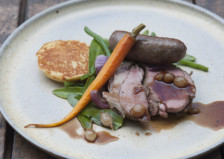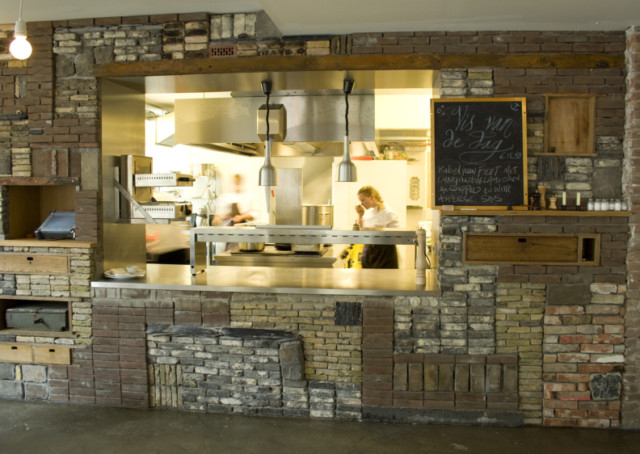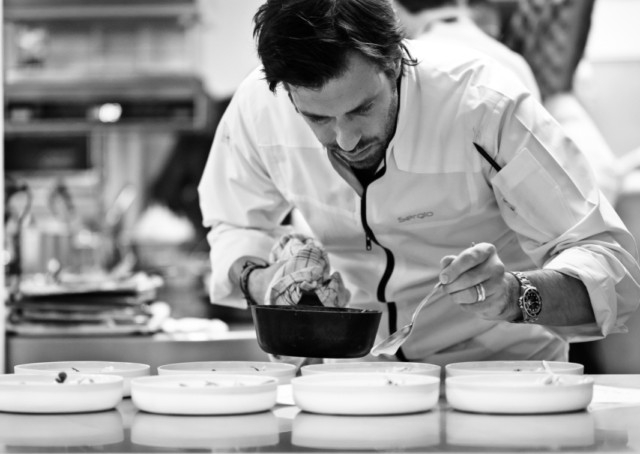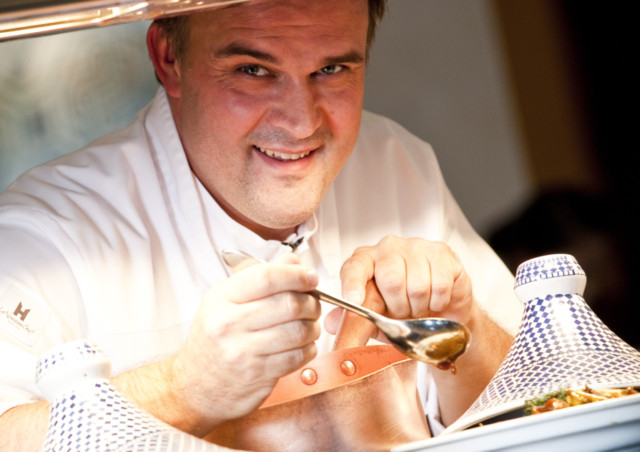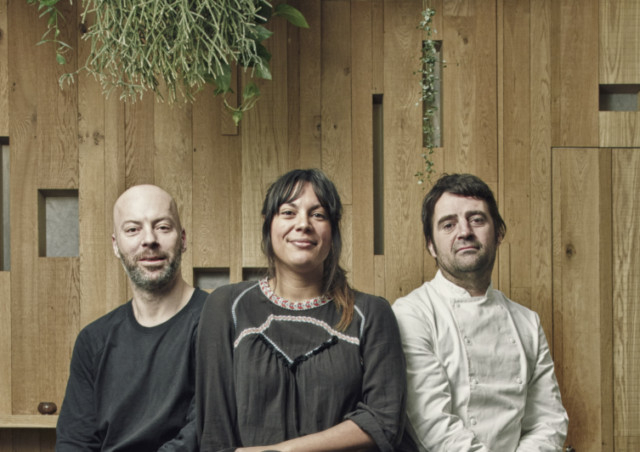
Dutch optimism, laced with the nation’s legendary laissez-faire attitude and Amsterdam’s unique brand of hedonism, is in sharp contrast to the country’s limited culinary repertoire.
But this divide is being bridged with front-line troops such as Amsterdam’s legendary export Supperclub — which will open its doors here in Dubai next month — leading the charge. Supperclub has a presence around the world, from Los Angeles to London. “The Supperclub concept is based on offering visitors a unique dining experience,” says Yassin Matbouly, Partner, Supperclub Middle East and North Africa. “And Supperclub’s Dubai guests can expect the unexpected.”
Amsterdam, home to the first Supperclub venue, is renowned for its alternative and artistic approach to hospitality. “Supperclub is a restaurant, lounge, club, gallery and experimental free state rolled into one,” adds Jade Lew, Public Relations and Marketing Manager, IQ Creative, the holding company that manages Supperclub in the Netherlands. “Everything revolves around stimulating the senses and inspiring creativity.”
But Supperclub is not the norm in a country that has never been known as a culinary destination.
Frugal outlook
“The Dutch have never been nationalistic enough to guard their dishes from foreign influences,” says Julia Bachrach, Managing Director of restaurant Wilde Zwijnen, a rising star on Amsterdam’s food scene. The eatery is fast gaining a fan following due to its rugged chic interiors and ambitious menu.
This casual attitude, bordering on indifference, to food has resulted in the Netherlands lagging pitifully behind many of its European neighbours, a puzzling contradiction given that the Dutch once dominated the world’s spice trade.
Mark Schiefelbein, considered an authority on Dutch food and who became famous through his blog, Dutchgrub, describes Amsterdam as a food wasteland.
Why this resistance to an appetising plate of food? Sergio Herman, one of the world’s youngest three-star Michelin chefs and owner of the family-run Oud Sluis, tells GN Focus, “When I came to work with my dad about 25 years ago, I wanted to introduce more elegant dishes. In the beginning, no one bought that: if a guest expects mussels, a fancy salad is not going to make him happy. I had to struggle but I never gave up.”
Rewind a few centuries and you have Dutch gastronomy in all its mouth-watering glory, through medieval recipes that describe dishes with flowers and almonds and stews seasoned with saffron. “In the 19th century the main focus was on cooking as cheaply as possible,” says Herman. “This is where overcooked vegetables and greasy stews originated.”
Until recently, he explains, the Dutch have not taken much pride in their cuisine and produce.
“However, this has changed over the past few years and we now have more products to be extremely proud of.”
Drawing inspiration
Today, Oud Sluis has three Michelin stars and Herman does his own thing. “I like to work with avant-garde techniques, and I collaborate a lot with artists in other disciplines. However, my father’s techniques and love for tradition are still at the base of whatever I do.”
Herman visited the Maldives earlier this month to showcase a culinary journey that reflected his style while drawing inspiration from the islands.
There are other reasons why the Dutch are experiencing a quasi-gastronomic renaissance. “The disappearance of borders and boundaries and the rapid globalisation have sparked renewed interest in local produce, local dishes and local traditions,” says Bachrach. “For chefs, this involves the rediscovery of their culinary heritage with a modern twist.”
Today, most of the high-end restaurants grow their own vegetables and herbs to ensure it’s organic and fresh. Also, restaurants form partnerships with local farmers, not only to exhibit support for local business but also to ensure that their meat is of the highest quality, explains Marco de Wildt, the Dutch Executive Chef at the Mövenpick Hotel Ibn Battuta Gate. “I believe we are moving in the right direction, since our products are exported worldwide.
“This is also evident in Dubai, as there are many Dutch products available in stores across the city.”
Herman agrees. “Over the past years, we have taken much more pride in our products and culture and have been able to develop our own style. The perception of Dutch gastronomy has changed: we have grown to another level.
“The Dutch culinary scene is paying lots of attention to local ingredients and their producers, where farmers might be the new pop stars.”
No revolution happens overnight and Bachrach expresses a more cautious approach. “Dutch food must be put on the map locally, before we can even begin to export our cuisine. Having said that, the success we have had over the past three years shows there is a market and that slowly but surely others will follow.”


